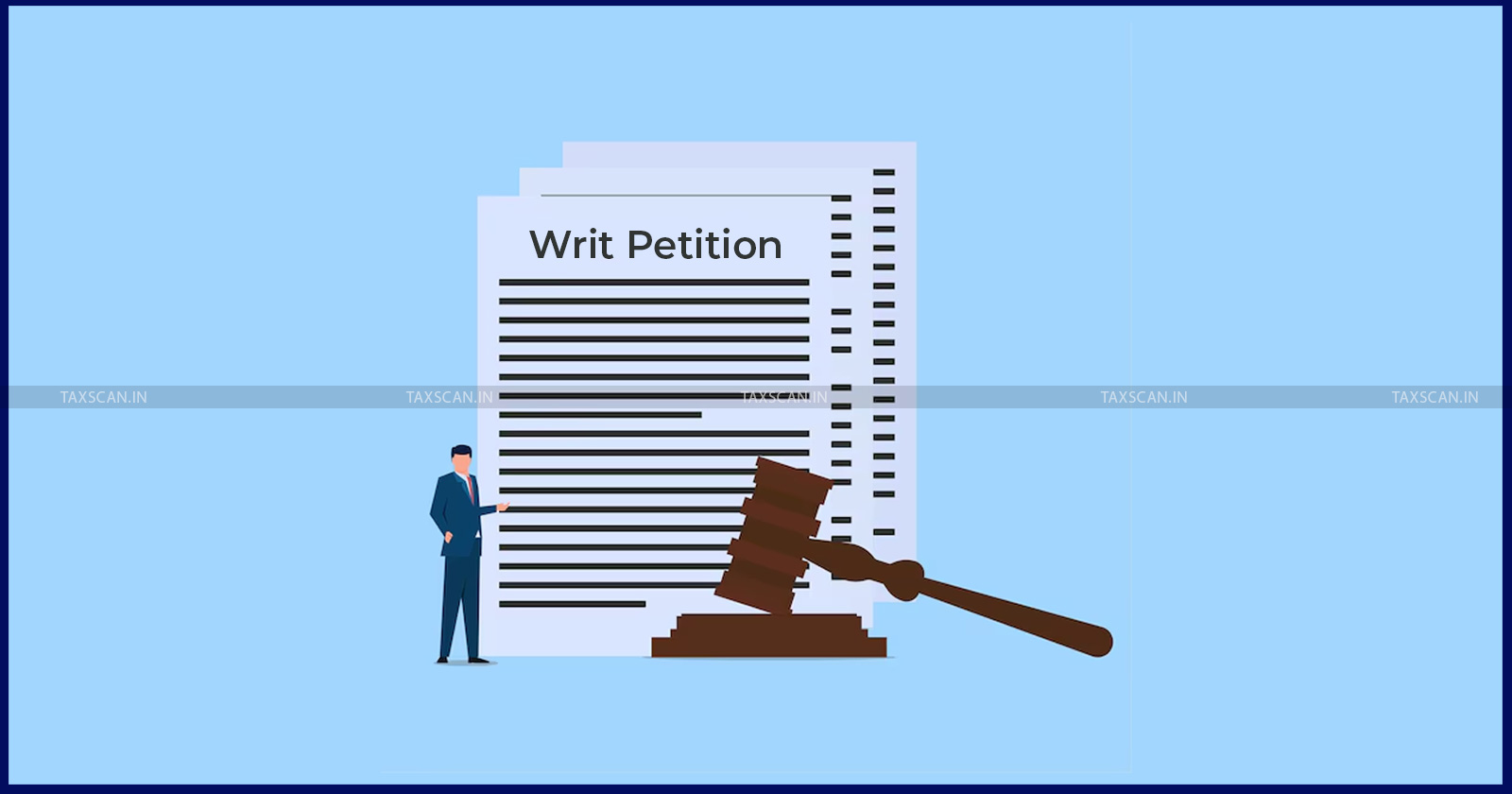Kerala HC dismisses Writ Petition Challenging Kerala Tax Luxuries Act on Availability of Statutory Remedy [Read Order]
Though the assessing officer was given the liberty to restore the earlier assessment order, it was an option given to the assessing authority. The impugned order does not warrant any interference under Article 226 of the Constitution of India

Kerala HC-Tax Luxuries Act-Writ petition dismissed-Luxury tax Kerala-Taxscan
Kerala HC-Tax Luxuries Act-Writ petition dismissed-Luxury tax Kerala-Taxscan
In a recent case, the Kerala High Court dismissed the writ petition challenging Kerala Tax Luxuries Act, 1976 on availability of statutory remedy. Though the assessing officer was given the liberty to restore the earlier assessment order, it was an option given to the assessing authority. Therefore, the impugned order does not warrant any interference under Article 226 of the Constitution of India
M/S Krishna Theeram Ayur Holy Beach Resorts Pv. Ltd, the petitioner is a private limited company registered under the Kerala Tax on Luxuries Act, 1976. Initially, an assessment was completed on 22.12.2020. The said order was challenged in appeal before the 2nd respondent, and by the order, the assessment was set aside and a fresh consideration was directed after granting an opportunity to the petitioner to produce the records. The Appellate Authority further observed in its order that if the appellant does not avail the opportunity to produce records, the assessing authority is at liberty to restore the impugned order. Despite the aforesaid direction, petitioner did not avail the opportunity to produce records.
Clear all Your Doubts on RCM, TCS, GTA, OIDAR, SEZ, ISD Etc... Click Here
Sri. P. S. Soman, the counsel for the petitioner, contended that the impugned order of assessment has entered into areas that were not part of the original assessment order, and hence, the period of limitation will apply. According to the counsel, in the meantime, petitioner had availed the benefit of the Amnesty Scheme, and even paid the amount as evident from the challan of the same date, and thereafter the assessing authority was not entitled to issue the impugned order.
Read More: Barcode-Backed Tax Invoice Wrongly Treated as Bogus: ITAT upholds Order of CIT(A)
Smt. Jasmin M. M., the Government Pleader, on the other hand, contended that the earlier assessment order was completely set aside and a fresh consideration was directed. Though the assessing officer was given the liberty to restore the earlier assessment order, it was an option given to the assessing authority. Therefore, the impugned order does not warrant any interference under Article 226 of the Constitution of India. Even as regards the question of limitation, the Government Pleader pointed out that it is a matter which could be considered by the Appellate Authority.
On a perusal of the order, the Court notices that the assessment order was completely set aside for a fresh consideration. As rightly pointed out by the Government Pleader an option was given to the assessing authority to restore the impugned order. However, the said authority did not opt for that choice and instead issued a fresh order. The order of the Appellate Authority was on 09.01.2024, and until the present impugned order was issued, there was no amount quantified to avail the Amnesty Scheme.
How to Audit Public Charitable Trusts under the Income Tax Act Click Here
A single bench of Justice Bechu Kurian Thomas court viewed that the application and the e-challan paid by the petitioner are all unilateral actions, which cannot bind the assessing authority or the Department from issuing order of assessment. Therefore, the contentions based on the Amnesty Scheme allegedly availed by the petitioner are not of any assistance to the petitioner. Since the matter requires to be appreciated based on the documents available and since the petitioner has the remedy of appeal, the court viewed that this is not a fit case to exercise the jurisdiction under Article 226 of the Constitution of India. The court dismissed the writ petition reserving the liberty of the petitioner to pursue the statutory appeal.
To Read the full text of the Order CLICK HERE
Support our journalism by subscribing to Taxscan premium. Follow us on Telegram for quick updates


